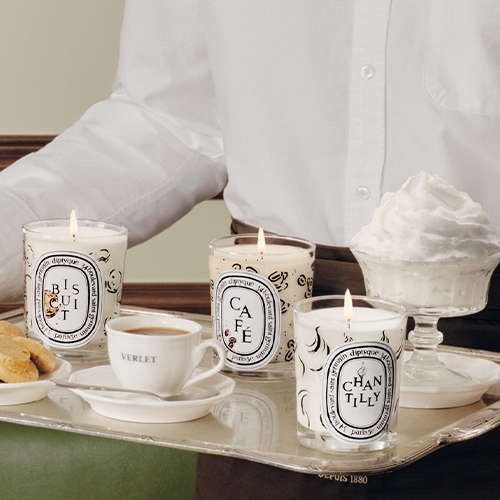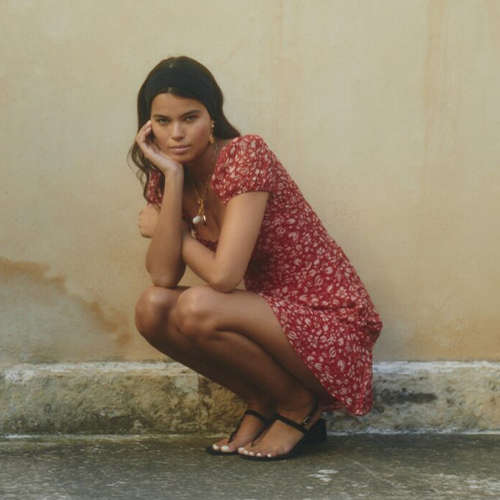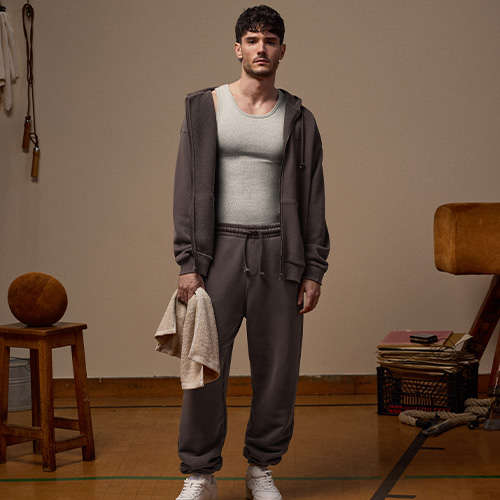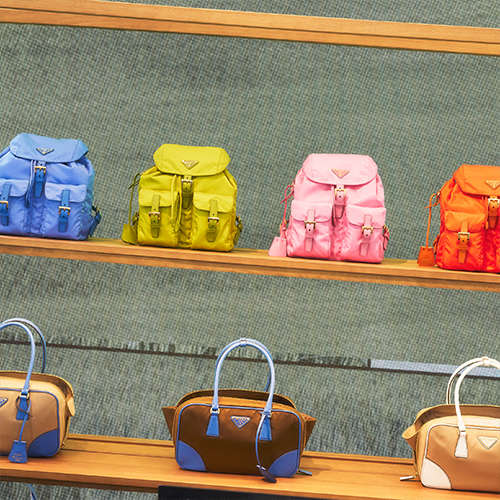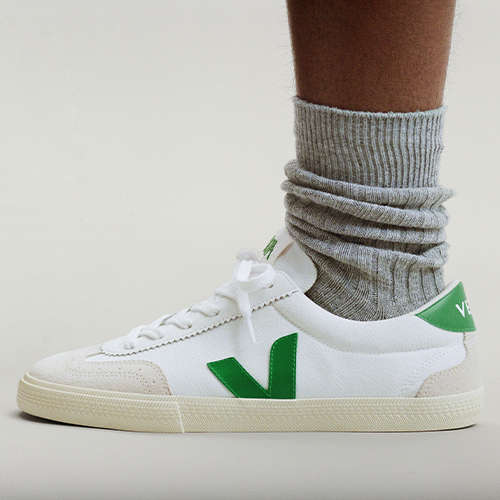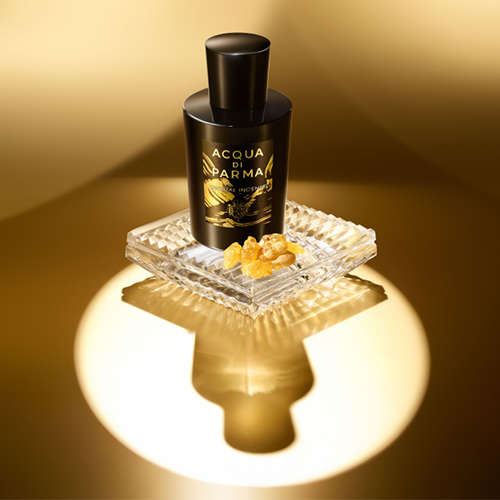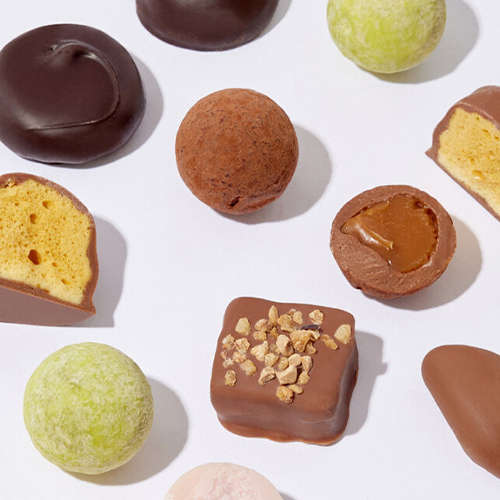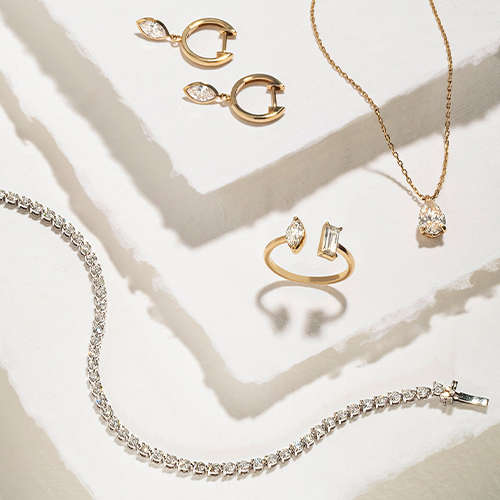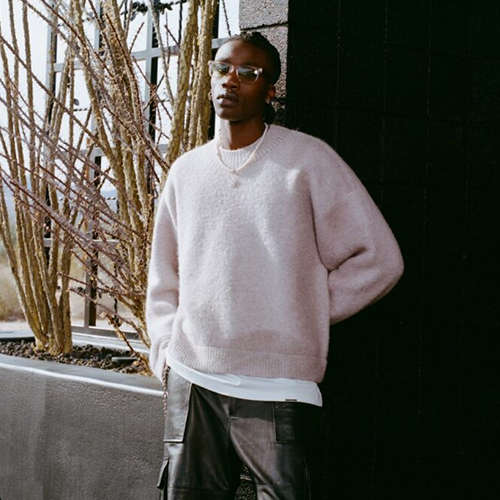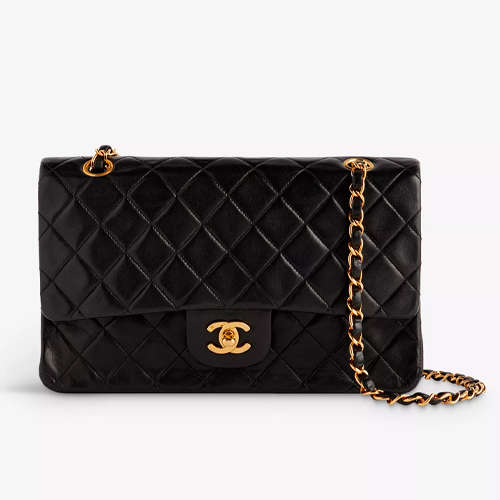- Australia / AUD $
- Canada / CAD $
- China / CNY ¥
- France / EUR €
- Germany / EUR €
- Hong Kong SAR China / HKD $
- Ireland / EUR €
- Italy / EUR €
- Japan / YEN ¥
- Kuwait / USD $
- Macao SAR China / HKD $
- Netherlands / EUR €
- Qatar / USD $
- Saudi Arabia / USD $
- Singapore / SGD $
- South Korea / KRW ₩
- Spain / EUR €
- Taiwan / TWD $
- United Arab Emirates / USD $
- United Kingdom / GBP £
- United States / USD $
- Not yours? Read more
Tell us what you think
Shop in your local currency and language
You are currently in Netherlands NL / EUR € store
- English
- English
- English
- English
- English
- English
- English
- English
- English
- English
- English
- English
- English
- English
- English
- English
- English
- English
- English
- English
- English
Did you know that we deliver to 130 countries or regions and offer a range of delivery options to suit you wherever you are in the world? Find out more
Sign up once to our Selfridges+ service and you can enjoy unlimited deliveries wherever you are in the world. FIND OUT MORE
International delivery
With almost everything on selfridges.com available for International Delivery, you can send your order to 130 countries or regions around the world, including North America, Australia, the Middle East and China.
Although we only offer 20 currencies to browse in online, you can still deliver to all of the following countries or regions:
- Algeria
- Andorra
- Antigua and Barbuda
- Aruba
- Australia
- Austria
- Azerbaijan
- Bahrain
- Bangladesh
- Barbados
- Belarus
- Belgium
- Belize
- Bermuda
- Bolivia
- Botswana
- Brunei
- Bulgaria
- Cambodia
- Canada
- Cayman Islands
- Chile
- China
- Colombia
- Costa Rica
- Croatia
- Cyprus
- Czech Republic
- Denmark
- Dominica
- Dominican Republic
- Ecuador
- Egypt
- El Salvador
- Estonia
- Finland
- France
- French Guiana
- Germany
- Gibraltar
- Greece
- Grenada
- Guadeloupe
- Guatemala
- Guernsey
- Guyana
- Honduras
- Hong Kong
- Hungary
- Iceland
- India
- Indonesia
- Ireland
- Israel
- Italy
- Jamaica
- Japan
- Jersey
- Jordan
- Kazakhstan
- Kenya
- Kuwait
- Laos
- Latvia
- Lebanon
- Lesotho
- Liechtenstein
- Lithuania
- Luxembourg
- Macau
- Malaysia
- Maldives
- Malta
- Martinique
- Mayotte
- Mexico
- Monaco
- Montserrat
- Morocco
- Myanmar
- Namibia
- Netherlands
- New Zealand
- Nicaragua
- Nigeria
- Norway
- Oman
- Pakistan
- Panama
- Paraguay
- Peru
- Philippines
- Poland
- Portugal
- Puerto Rico
- Qatar
- Reunion
- Romania
- Rwanda
- Saint Kitts and Nevis
- Saint Lucia
- Saint Martin (French part)
- San Marino
- Saudi Arabia
- Serbia
- Singapore
- Slovakia
- Slovenia
- South Africa
- South Korea
- Spain
- Sri Lanka
- Suriname
- Swaziland
- Sweden
- Switzerland
- Taiwan
- Tanzania
- Thailand
- Trinidad and Tobago
- Turkey
- Uganda
- Ukraine
- United Arab Emirates
- United Kingdom
- United States
- Uruguay
- Venezuela
- Vietnam
“We love discovering new designers and understanding what inspires them to create such original products,” explains Funmi Scott, founder and MD of Untapped Creatives, which represents some of the most creative and skilled luxury Black-owned brands in the UK. “We look for brands that redefine luxury in elegant and innovative ways by drawing inspiration from their culture, and who create interesting, beautiful, sustainable pieces and designs that have an anchor to their personal heritage.”
Untapped Creatives’ pioneering Afro-Luxe Concept at Selfridges showcases 10 of its brands (both in store and online), including ROKUS, whose elegant, handcrafted jewellery pays homage to the designer’s Fulani tribe, and Olubiyi Thomas who uses vintage African fabrics sourced in Burkina Faso to create his avant-garde pieces. We caught up with some of the designers to find out more about their inspiration and standout products, and spoke to Melisa Clottey, our Diversity Board Chair, about how we’re taking positive steps to make our business more inclusive and diverse…

Created with the purpose of educating women about great haircare practices, Titi’s haircare range focuses on caring for Afro textured hair. Offering a range of tools to make your routine easier, Ori Lifestyle’s products include nourishing Khalila Oil and Leccino Olive Oil, which doubles up as an overnight hair mask and make-up remover.
What inspired you to launch Ori Lifestyle?
I was inspired to launch Ori Lifestyle after suffering severe hair loss and hair thinning from years of neglecting my hair. Then, my daughter (who was seven years old at the time) kept asking me if she could wear hair extensions like me. I knew then that the balance had tilted too far and I had to change what she was seeing. We started our journey together almost six years ago – and we now have the best hair of our lives!
What ingredients do you use?
I use natural ingredients that have been demonstrably effective at meeting the needs of textured hair. A key concern for Afro textured hair is dryness, which leads to brittleness – this can be minimised with great hair care and clever formulations. For example, our bestselling Khalila Oil has a high concentration of green coffee bean oil, which is proven to aid moisture retention, and broccoli seed oil, which is known to keep frizz at bay.
How does sustainability feature in your products?
For us, recyclable packaging and reducing packaging is the bare minimum we can do. We’re never going to be a brand that has hundreds of products; we believe a well-curated line minimises the impact on the environment. This year we’re planning on launching refill centres, and currently 50p from every product sale goes to Path to Possibilities, a charity that funds the education of disadvantaged young people in Nigeria.

Drawing on her Nigerian heritage for inspiration, Dorothy’s intricately hand-beaded masterpieces are made for the spotlight. House of RG (which stands for Regal Gold) uses decadent, rich fabrics, such as velvet and duchess satin, to give her fabulous pieces that luxurious look and feel.
How does your Nigerian culture and heritage influence your designs?
Nigerians are known to be flamboyant, colourful and fearless in attitude and fashion, and this is a huge influence on my designs. They are never ‘common’, which is something Nigerians keep an eye out for when seeking fashion pieces – they love to make a statement.
How do you hope to empower the women who wear your clothes?
I hope my designs make them feel like the only one in the room, with all eyes on them. I want my wearers to burst with confidence, pride and beauty, and my designs to be a part of whatever successful journey they are on in their lives.
Why is handcraftsmanship key to your designs?
Handcraftsmanship involves serious dedication, love, patience and a very close attention to detail that results in one-of-a-kind pieces. And because each piece is handcrafted, we do not mass produce and keep our runs limited for exclusivity purposes.
Click here to discover our collection of House of RG’s limited-run pieces.

Renowned for his deconstructed avant-garde aesthetic, Olubiyi’s designs explore shapes and forms through different materials and textiles. Fusing his Nigerian heritage with his Scottish upbringing, Olubiyi rethinks the link between traditional British tailoring and African cultural history in his designs, which are all handmade in London.
How do you source your materials?
Heavily focusing on being zero-waste, I source deadstock fabrics from British mills and retailers, and antique fabrics and vintage West African textiles. I use remnants of fabrics from past seasons to form new textiles through patchwork, appliqué, and reworked fabrics handwoven by local weavers.
What’s your favourite part of designing clothes?
Taking concepts and inspiration from narratives and funnelling them into products. Creating tangible objects from expression. The functional objects are then worn, giving one an identity and sending a message. They become cultural artefacts, rooted in current and historical sets of meanings, formed by social and economic influences, and reflecting society’s desires.
How does your heritage influence your work?
My work explores stories of multiculturalism and hidden identity, born from my Nigerian origins and Scottish upbringing. By reimagining the links between British Post-Colonialism and African cultural history; by deconstructing Scottish tartans to form my own tartan (woven on a handloom reminiscent of the old way of production), and by incorporating used and reclaimed West African textiles.

Celebrating African cultures and heritages through her jewellery, Marie-Paule draws on modern art, artefacts, traditional fashion, beauty and agriculture as her main influences. She designs her pieces in London and works with a local caster to create a mould for each design, before sending some off to traditional artisans in Abidjan in Côte d’Ivoire and Istanbul. Marie-Paule then assembles and finishes each piece by hand in her home studio.
How does ROKUS celebrate African cultures and heritage?
I like to create jewellery that has a meaning or a history. For that, I like to integrate symbols such as the cowrie, which represents abundance and fertility, or masks that are used to celebrate adulthood or fruitful harvests, and others that have strong positive meanings (resilience, love, beauty) with a sleek, modern finish that really elevates the final designs.
How do you hope your pieces inspire those who wear them?
I aim to create pieces that will exist and be worn beyond trends and generations. I’ve seen that the people who enjoy wearing our pieces are individuals who are looking for jewellery that stands out and elevates their look. I hope that by wearing our jewellery pieces, people will feel even more confident, more daring, and will also be curious about the history and cultures behind them.
Where does your interest in making jewellery come from?
My interest in making jewellery came from my passion for wearing big, bold jewellery. Growing up and watching my mother dress up, she’d always finish every outfit with some statement earrings, her favourite goldfish pendant (which was enamelled with a rainbow of colours), and many gold rings. I also believe that some of what I do and my love for it is somehow passed on from my ancestors. As it turns out, my father is from the Akan tribe in Côte d’Ivoire, which traditionally makes jewellery and sculptures from bronze and gold.

When Femi’s daughter Fela was born, she wanted to buy her a doll that reflected who she is. After realising that there wasn’t a lot of variety out there (especially when it came to fabric dolls), Femi decided to make her own. Since then, she’s created a whole range of fabric dolls to represent all children, all of which are hand-stitched and made using cotton fabric, Ankara fabric (for the clothes) and soft merino wool.
Why do you think it’s important that children have toys and dolls that represent the society we live in?
I think it is important because it helps children to develop a strong awareness of themselves and others. It teaches children that while people are different, we should be appreciated and loved in the same way.
How did you create each doll’s ‘character’ and why are they important?
I created their characters based on different hobbies children have. Fela loves singing, Chima loves reading, Seren loves sport, Pascale loves baking and Misty loves ballet. I also named them after inspirational black women – Chima is named after the popular Nigerian author, Chimamanda Ngozi Adichie, while Seren is named after Serena Williams. The boys are all named after my son, using his middle names. To me it’s important that they each have a character, as I wanted the dolls to have personalities that all children could relate to.
Why do you think what Untapped Creatives is doing is important?
Untapped Creatives is important because it has bridged a gap that at one point seemed impossible to me. Its ability to bring awareness to brands like Fela & Friends is key to the progression of Black creatives.

After realising that their go-to candles were not as environmentally friendly as they thought, mother-daughter duo Bibiche and Christia launched Elephant & Bamboo. After researching ways to make home fragrances that were eco-friendly and combined their favourite scents, these beautiful hand-poured pillar candles, wax melts and potted candles were born…
What is Elephant & Bamboo’s backstory?
With one of us being raised in Africa and the other in the UK, our inspiration derives from a cultural blend. Our products are mainly inspired by a combination of natural sources from African culture and modern contemporary style.
How does your African culture and heritage influence your products?
Africa is such a rich continent, there are so many undiscovered places and cultures. Africa is also often referred to as the ‘Garden of Eden’ (the mother of nature in the Bible) and this played a big role in us deciding to start a planet-friendly brand. Part of our brand name is inspired by Africa. Elephants are known as the gentle giants that show great care towards their herd, symbolising responsibility and loyalty – and these are the core values of our brand.
How do you make sure your products are planet-friendly?
Our candles are made from a 100 per cent soy and coconut wax blend mixed with fragrance oils derived from raw materials. The ingredients used for all our products are eco-friendly, vegan and are never tested on animals. Our packaging and vessels are recyclable or reusable, too.
MEET THE SELFRIDGES DIVERSITY BOARD
In July 2020, the 12 inaugural members of our Diversity Board were elected by 1,600 of their fellow Selfridges team members with the aim of shaping a more inclusive, diverse and equitable business here at Selfridges. We caught up with our founding Chair of the Selfridges Diversity Board, Melisa Clottey, to find out how they are driving the conversation around diversity forward and shaping a better future…
Tell us about your work with Selfridges Diversity Board.
I am super proud to be the founding Chair of Selfridges Diversity Board. We have spent the past 12 months talking to our team members to understand what really matters to them, formulating and delivering a plan and learning from others, both inside and outside our business, to help us drive meaningful change.
Why should every business put a real focus on diversity?
Creating a diverse and inclusive environment for our team members and our customers helps to drive a sense of ‘Belonging’. Research shows that if individuals feel they belong (and feel respected, valued and comfortable being themselves), companies thrive and outperform those who haven’t made the effort.
Why are partnerships with organisations like Untapped Creatives important to Selfridges?
Untapped Creatives carefully curate a collection of beautiful products for Selfridges, showcasing brands we may not have identified ourselves. By partnering with them we’re able to highlight an abundance of creativity within a minority ethnic community, while supporting their economic development – which is equally important.
How can we all drive positive change?
Make and tell stories – share your cultural identities with each other. The more we learn about one another, the more we discover what we have in common, and the more we can appreciate and celebrate our differences. Driving meaningful change is everyone’s responsibility. Conversations may be (in fact, will be) difficult sometimes – the important thing is that we learn and we improve. Be brave! Be curious! Learn and educate yourself and become an ally. Be aware of where you may have an advantage (privilege) and offer to help and support those marginalised or disadvantaged groups who need it.

